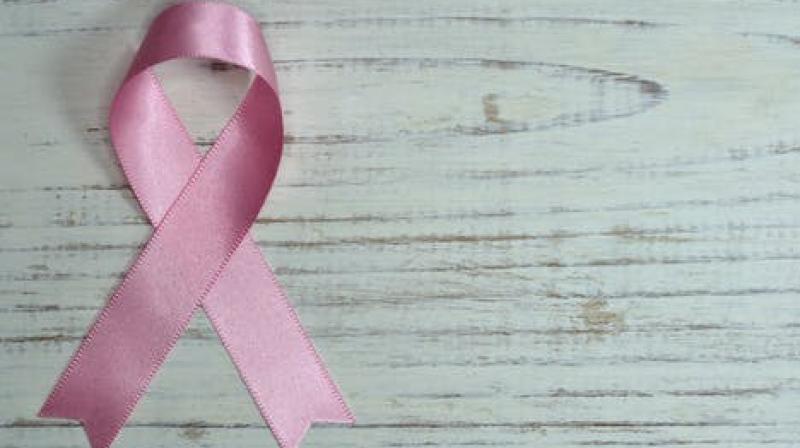Astronomers working on the technology of light to combat skin cancer

Washington: It might sound uncanny but astronomers are working to design technologies that could help in battling against breast and skin cancer. The science behind the technology is based on the light! A large part of astronomy depends on the detection and analysis of light. For example, scientists study the light scattered, absorbed and re-emitted in clouds of gas and dust, obtaining information on their interior.
Despite the vast differences in scale, the processes that light undergoes while it travels through a human body are very similar to those seen in space. And when the tissue becomes cancerous, that change should show up.
The study presented in the meeting RAS National Astronomy meeting 2019 highlights that early diagnosis is the key as 90 per cent of women diagnosed at the earliest stage survive for at least five years, compared to 15 per cent for women diagnosed with the most advanced stage.
Cancer creates tiny deposits of calcium in breasts, detected through a shift in the wavelength of light as it passes through the tissue. The researchers realised that the computer codes developed to study the formation of stars and planets could also be applied to find these deposits.
"Light is fundamental to a diverse range of medical advances, like measuring blood oxygenation in premature babies or treating port-wine stains with lasers. So there is a natural connection with astronomy, and we're delighted to use our work to take on cancer," said Charlie Jeynes, study presenter.
The team is also refining computer models to better understand how detected light is affected by human tissue. They eventually expect to develop a rapid diagnostic test that avoids unnecessary biopsies, improving the prospects for survival for thousands of women.
In another project, they are using computer models for a potential new treatment for non-melanoma skin cancer (NMSC). This is the most common type of cancer, with more than 80,000 cases reported in England each year.
Jeynes said, "Advances in fundamental science should never be seen in isolation. Astronomy is no exception, and though impossible to predict at the outset, its discoveries and techniques often benefit society. Our work is a great example of that, and I'm really proud that we're helping our medical colleagues wage war on cancer."

